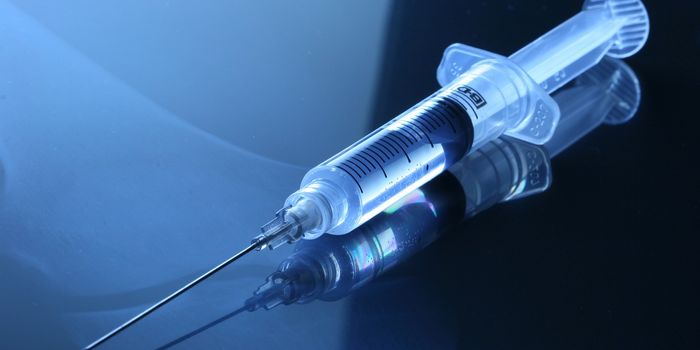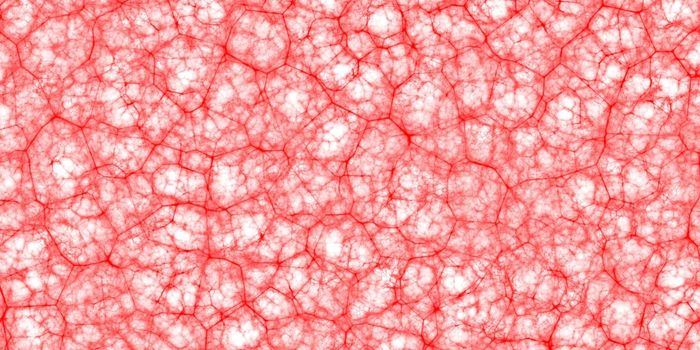DNA vaccine may protect against the development of Parkinson's disease
Parkinson’s disease is a neurodegenerative disorder that is characterized by four main symptoms that include: tremors in the hands, arms, legs, jaw, and head, stiffness of the limbs and trunk, slowness of movement, and impairments in balance and coordination. According to the Parkinson’s Foundation, close to 930,000 Americans are currently living with Parkinson’s disease and the number is projected to climb to over 1.2 million Americans by the year 2030. A recent study found that the death rate from Parkinson’s disease has more than doubled in the past 20 years, and the U.S. Centers for Disease Control (CDC) report that the disease is the 14th leading cause of death in the United States.
Current treatment for Parkinson’s disease is geared toward treating the symptoms of the disease, such as tremors and limb stiffness. However, a new study, published in the journal Nature Partner Journals - Vaccines, created and tested four separate vaccines that could be used to combat the underlying cause of Parkinson’s.
The researchers from the National Institute on Aging and the Institute for Molecular Medicine, used their MultiTEP vaccine platform technology to develop four separate DNA vaccines that targeted a protein called a-synuclein. As the video above shows, a-synuclein accumulates into insoluble fibrils in the brains of individuals with Parkinson’s diseases. These accumulations of a-synuclein in the brain is thought to be one mechanism which leads to Parkinson’s disease symptoms. In the current study, the researchers tested their vaccines in the hopes that the vaccines would identify aberrant a-synuclein and prevent it from accumulating in the brain.
The researchers tested their vaccine in a mouse model of Parkinson’s disease. This mouse model was unique in that the mice were genetically engineered to develop a-synuclein accumulation in the brain and the mice develop motor deficits. The researchers tested all four of their vaccines in this mouse model and found that all the vaccines induced high levels of antibodies specific to a-synuclein. However, one of their vaccines, called PV-1950, produced the highest levels of antibodies and more significantly reduced neurodegeneration in the mice compared to the other vaccine candidates.
For the next step, the researchers hope to begin clinical trials with their vaccine. Michael G. Agdadjanyan, a lead author on the study, said, “our most effective vaccine, PV-1950, generated strong antibody production, reducing pathology a-synuclein and improving motor deficits in a mouse model of disease is ready to be tested in preventive clinical trials.” The investigators are hopeful that this line of research will not only reduce the burden of the Parkinson’s disease, but also that these types of vaccine-based preventative treatments will be available for other neurodegenerative diseases, such as Alzheimer’s disease, in the near future.
Sources: National Institute on Aging; Parkinson's Foundation; Neurology; CDC; NPJ – Vaccines; Scientific Reports








